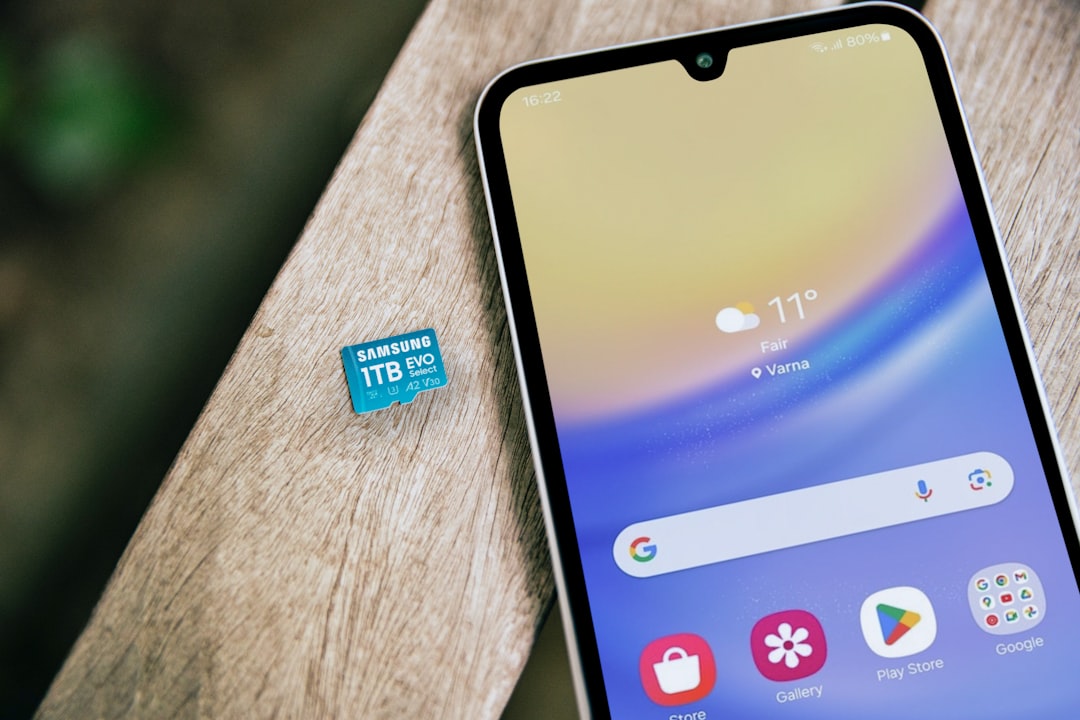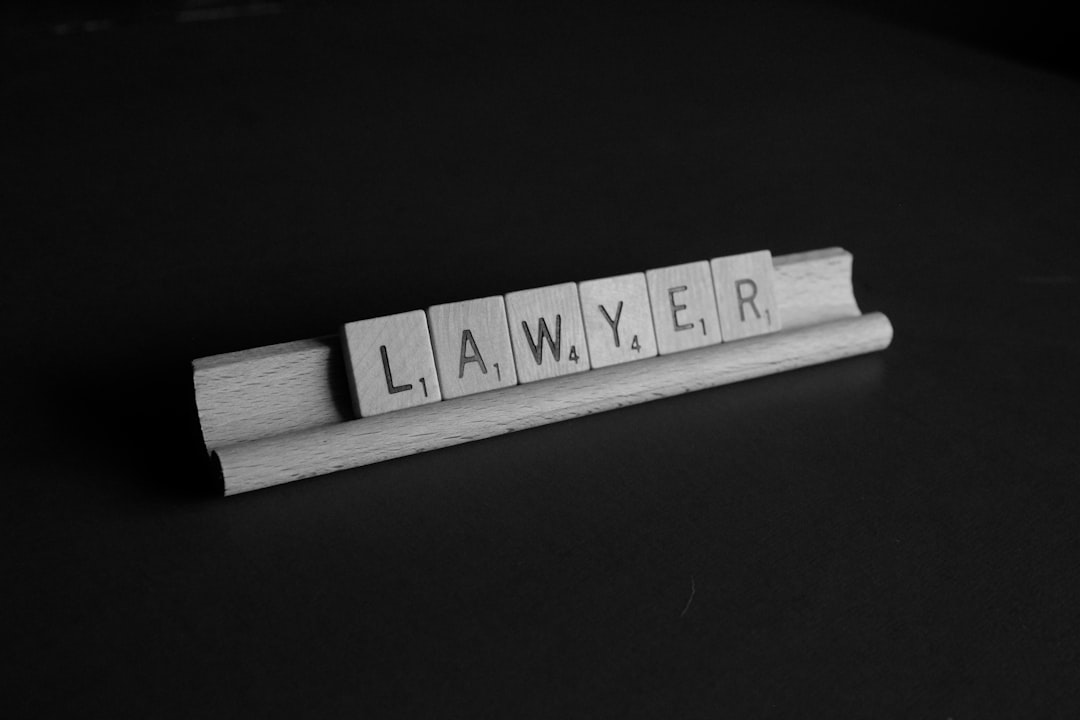New Hampshire's strict 'Do Not Text and Drive' laws aim to prevent accidents caused by driver distractions, with heavy penalties for violations. A specialist in New Hampshire traffic law is vital if charged under these laws. While Bluetooth speakers are hands-free, drivers must avoid activities distracting them from the road; adjusting settings or lengthy conversations could be illegal. A 'lawyer for Do Not Text Laws New Hampshire' can offer crucial guidance to stay within legal boundaries while enjoying music during commutes.
In New Hampshire, understanding the state’s stringent Do Not Text Laws is crucial for every driver. With the increasing popularity of hands-free devices like Bluetooth speakers, questions arise about their impact on road safety. This article explores the rise of Bluetooth technology and its implications for driver behavior, delving into legal perspectives from a lawyer for Do Not Text Laws New Hampshire. We examine if and how these devices can be used while driving, considering both safety benefits and potential risks.
Understanding New Hampshire's Do Not Text Laws
In New Hampshire, safety while driving is a paramount concern, and this includes mitigating distractions behind the wheel. The state’s Do Not Text Laws are designed to prevent drivers from engaging in text messaging or using mobile devices while operating a vehicle. These laws are strictly enforced to reduce accidents caused by driver distraction. Violating these regulations can result in significant penalties, including fines and potential license suspension.
If you’re facing charges related to the state’s Do Not Text Laws, consulting with a lawyer specializing in New Hampshire traffic law is advisable. A legal expert can help navigate the complexities of the law, provide guidance on your rights, and develop an effective defense strategy. They can ensure that your rights are protected and offer the best chance of a favorable outcome.
The Rise of Bluetooth Speakers and Driver Safety
In recent years, Bluetooth speakers have become increasingly popular among adult drivers, offering a hands-free way to enjoy music and podcasts while on the road. This technological advancement has brought about both benefits and concerns regarding driver safety. On one hand, it promotes safer driving habits by eliminating the need for drivers to hold or reach for their devices, thus reducing distractions. Many studies have highlighted the negative impact of texting while driving, and with Bluetooth integration, drivers can now access their favorite media without compromising safety.
However, as a lawyer for Do Not Text Laws New Hampshire, it’s crucial to emphasize that while Bluetooth speakers enhance convenience, they should not distract from safe driving practices. Drivers must ensure they remain focused on the road, keeping their eyes on the surroundings and hands firmly on the steering wheel. Despite the hands-free aspect, the potential risks of inattention or mishearing important signals cannot be overlooked. Therefore, it’s essential to use these devices responsibly and only when necessary, ensuring that safety remains the top priority while behind the wheel.
Legal Implications: Can Drivers Use Bluetooth Speakers While Driving?
In many jurisdictions, including New Hampshire, using a handheld mobile device while driving is strictly prohibited under ‘Do Not Text and Drive’ laws. However, when it comes to Bluetooth speakers, the rules become less clear. While hands-free devices are generally allowed, drivers must still ensure they can safely operate their vehicle without distraction. Engaging in activities that divert their attention, even with a Bluetooth connection, could lead to legal consequences.
New Hampshire’s laws make it clear that any activity that interferes with a driver’s safe operation of a motor vehicle is not permitted. This includes tasks requiring visual or manual engagement, such as adjusting settings on a Bluetooth speaker or engaging in extended conversations. A lawyer for Do Not Text Laws in New Hampshire can provide guidance and clarify the specifics for drivers looking to stay within legal limits while enjoying their music during commutes.






